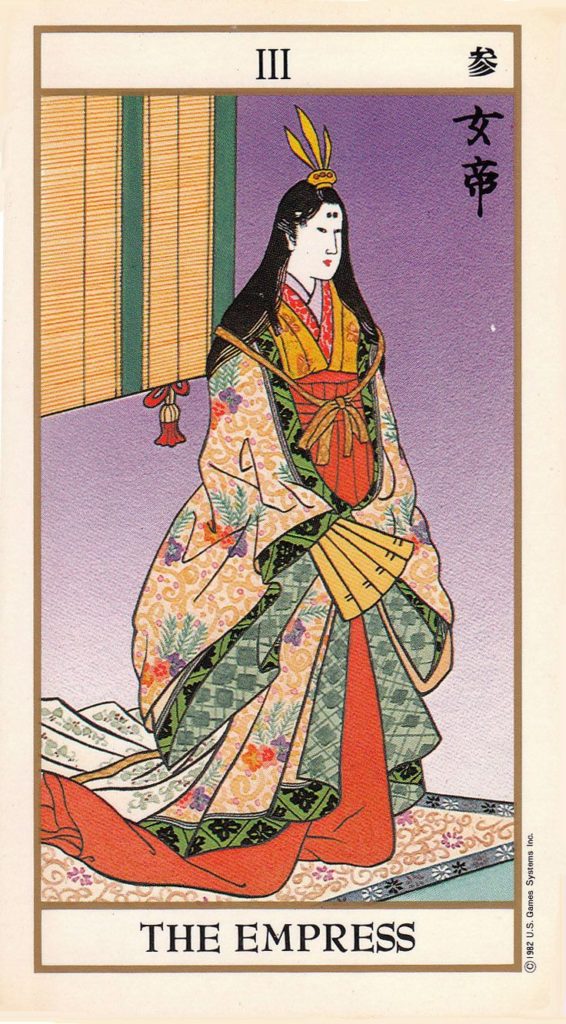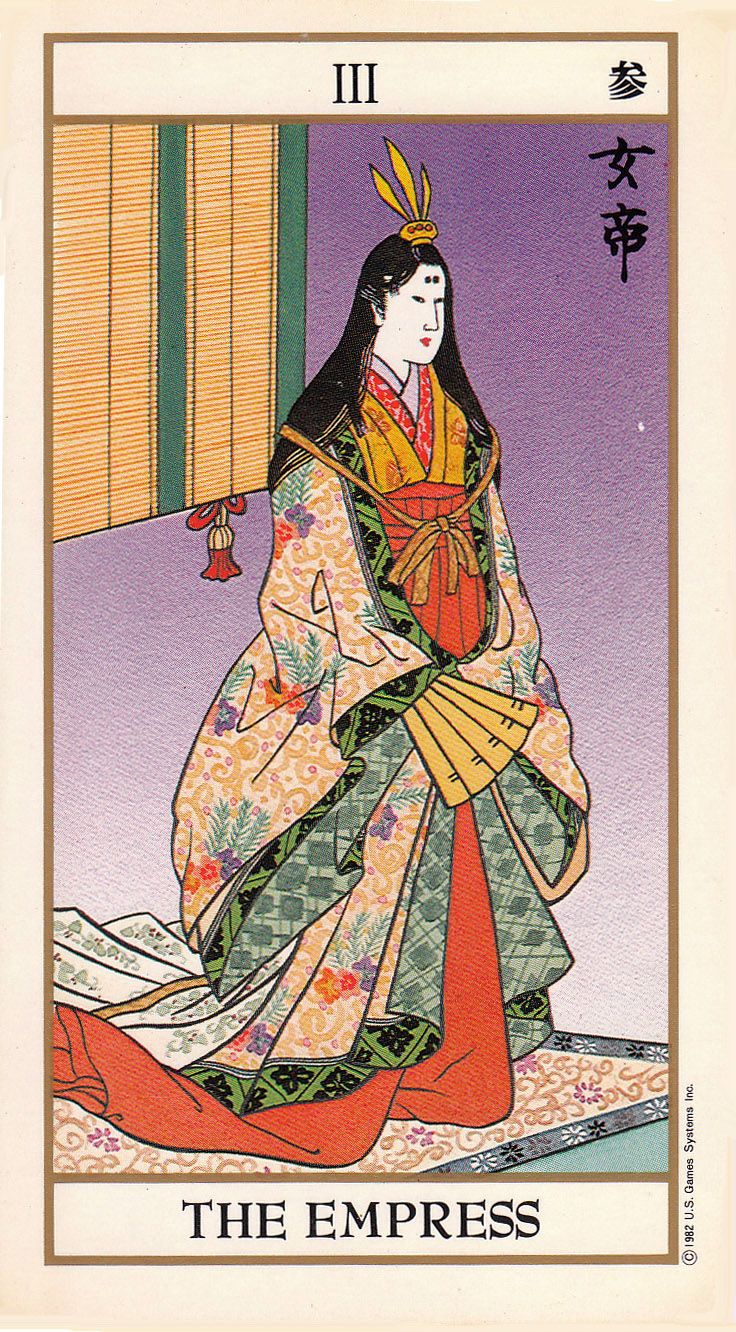Four seconds, after the counting of the ballots. That’s how long.
Four seconds in, and Tokyo governor Yuriko Koike knew she had won the Tokyo gubernatorial election for the second term. Her aides said later that it was more like two and a half seconds; a historical, landslide victory with nearly 60% of the vote in her name. The other candidates were dead in the water before they realized what hit them. Koike’s contender candidate Taro Yamamoto, an actor turned politician whose ideas for government reform made significant waves in the Lower House elections last year but who lost to Koike by over 3 million votes, told the press: “Mt. Yuriko was higher than I thought. I just couldn’t climb over it.”

If Yamamoto’s statement sounds rude or vaguely sexual, don’t worry – he probably intended it that way. Yuriko Koike was and continues to be, the first woman governor of Tokyo and her term in office has been defined by a lot of ruffled feathers in the male-dominated world of Nippon politics. Not just because she’s a woman, a fact which many older Japanese men still have trouble wrapping their minds around, but because Yuriko Koike has never ceased to remind everyone of her femininity.
It all seems a bit Marie Antoinette-ish. Let them refrain from everything. Let them stay home and Zoom their lives away while wearing face masks in the clammy Tokyo heat.
At age 67, Koike is well-preserved, perfectly coiffed and shod in a way that would earn applause from Carrie Bradshaw. She never loses her cool, raises her voice or looks harried. Her thirst for designer hand-bags is legendary, and rumor has it she keeps a room designated solely for the purpose of storing her darlings. Other rumors swirling inside the corridors of the Tocho building, says that she’s an old-fashioned gal who got to where she is today, by sleeping around with the right men yesterday. Or that she often treats her male staff as if they were hosts working in her own private host bar.
Ouch. That’s not nice, Yuriko-san, considering you’ve been waging war on host bars since day one of the pandemic. Most of these bars are located on YOUR turf in Shinjuku ward and yet you refer to them as “places of the night” that must be “refrained (your favorite word)” from visiting more than a few times a year. It all seems a bit Marie Antoinette-ish. Let them refrain from everything. Let them stay home and Zoom their lives away while wearing face masks in the clammy Tokyo heat.
Excuse the tone – I’ve just read through Jotei (Queen) – Yuriko Koike, the unauthorized biography by Taeko Ishii that came out on May 29. As of July 6th, the day after Yuriko Koike won her second term, the book had sold over 200,000 copies. “It’s not a flattering portrait of Koike-san,” said Ishii in an online interview. “It’s frightening to think that ultimately, this woman won’t rest until she becomes the next Prime Minister. Who put her in this position? We all did. Japan put her in this seat of power. It’s the culture of old Japanese men, who will empower women only if they’re attractive and will bend to their will. It’s the culture of Japanese women who believe that women politicians are clean and selfless and will battle old men politicians on their behalf. The whole of Japanese society created Yuriko Koike, Tokyo governor.”
Ishii’s book is densely researched, especially in regards to Koike’s past. The governor has an impressive CV – for a long time, she had told the press that she had graduated from the University of Cairo in Egypt, at the top of her class and was fluent in Arabic. Based on an interview with Koike’s old roommate in Cairo, Ishii writes that Koike quit the university after two years and only pretended to have graduated. Her knowledge of Arabic is sketchy at best, and that she had told this friend, “I’m going to write an autobiography but I won’t include you because then people will know I lied.”
There are other examples of Koike’s brazenness. When victims of the Hanshin Earthquake back in 1995 came to her for help at her office, Koike started painting her nails, and then told them to leave. When the late Shigeru Yokota, father of Megumi Yokota who had gone missing when she was 13 years old, suspected of being kidnapped by the North Korean government, held a meeting with her present, Koike shed tears as she listened to his story. After it ended, she left and then came back for her precious handbag. Her words were, “Oh good, there it is. I thought my bag had been kidnapped!”
Ishii calls Koike “a monster” but from Koike’s point of view, that title may have just as well have gotten her re-elected. Koike has thrived on negativity, in particular the sexist, ageist jibes aimed at her by fellow politicians and the public. Four years ago when she was running for governor, Shintaro Ishihara – himself Tokyo’s ex-governor, called her “an old woman with too much make-up. Who would vote for her?” In that instant Ishihara dug himself into a hopelessly deep grave, and Yuriko Koike won the election.
This time around, it was former Livedoor CEO Takafumi Horie, who did the honors. Horie is he head of his own political party, and had called for a complete reopening of the metropolis plus an acknowledgment from the Tokyo metropolitan government that they had been mistaken in installing “severe” shutdown measures during April and May. To this end, Takafumi Horie sent three contenders into the gubernatorial race, but in total vain. His public image went down the tubes too, after he publicly called Koike “a piece of shit” when she called out for limited entry to Tokyo supermarkets, to avoid congestion at the cash registers.
Ishii points out that Koike will be in power for as long as Japanese male politicians refuse to hold any meaningful political discussions with women in politics without resorting to gender issues, ageist issues and just plain mud-slinging. Koike may have showed these old men who’s in charge, hah! But after that personal triumph, she has left Tokyo staring into an abyss. She seems to have no real plans for the bad stuff: rising infections, the scaled-down but still expensive Olympics slated 12 months away, joblessness and bankruptcies and a floundering economy. What now, Yuriko-san? The answer surely, is not in your handbag.
*Editor’s Note: This was originally published at “The Empress of Tokyo Reigns Forever” but Kaori Shoji, the author, had some misgivings. ‘As a Japanese, I’d prefer not to refer to anyone as Empress unless they’re a part of the Imperial Family. Which is why I used the word Queen instead.’ However, queen is not quite a proper translation for 女帝 (jotei) so we used the term Imperatrix instead which has a closer meaning to the title of the book about Ms. Koike, and sounds a little like Dominatrix, which is also a nice fit for Madame Koike.

I find it difficult to understand how she got reelected. Actually, I do understand, I think. Many people thought her reaction to the initial spread of coronavirus was correct, and as that was the biggest threat to most people’s lives they voted her back in. She got voted in again on that one action.
If I recall correctly, I think she made ten campaign promises in 2016, is that right? I think she only fulfilled one of them in her first four years (and that might be dodgy). But whatever, in 2024 we can safely assume nothing will have changed much in Tokyo.